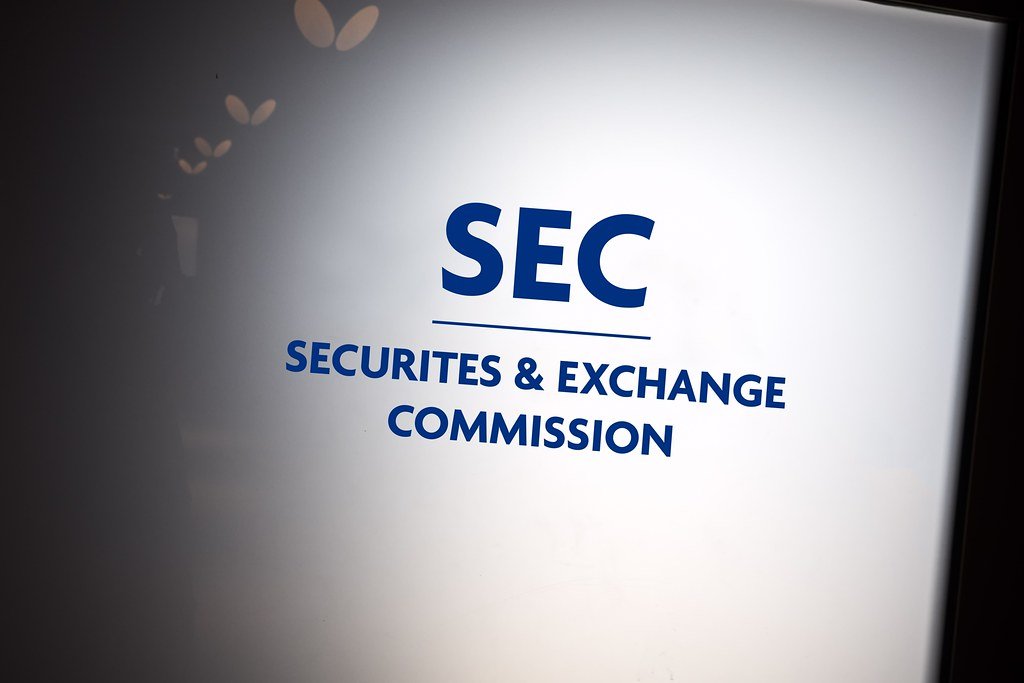
NEWARK, NJ — The U.S. Securities and Exchange Commission (SEC) has filed charges against three individuals accused of orchestrating a fraudulent scheme that impersonated legitimate financial professionals and stole more than $2.9 million from at least 28 investors. The defendants, Chibuzo Augustine Onyeachonam, Stanley Chidubem Asiegbu, and Chukwuebuka Martin Nweke-Eze, are residents of Nigeria and are accused of using fake websites, social media tactics, and voice-changing technology to lure U.S. investors into bogus investments.
The SEC’s complaint, filed on December 11, 2024, in the U.S. District Court for the District of New Jersey, outlines how the three defendants operated from at least 2019 to the present, impersonating nearly two dozen legitimate brokers and investment advisers registered with major U.S. securities firms. The trio allegedly created fraudulent websites designed to mimic the online presence of real financial professionals, including their logos, photos, and trading strategies.
As part of their deceptive tactics, the defendants posted fictitious customer reviews and testimonials on social media platforms such as YouTube and LinkedIn. They also used encrypted messaging apps, including WhatsApp and Telegram, to directly communicate with potential investors, furthering their fraudulent schemes.
According to the SEC, the defendants made several false promises to investors, including monthly returns of up to 25 percent, and directed them to fake online platforms where investors were led to believe their portfolios were growing. In a particularly insidious move, the fraudsters employed voice-changing software to impersonate female financial professionals, evading suspicion and furthering their deception.
Once investors transferred funds into these fraudulent accounts, they were instructed to purchase cryptocurrency, such as Bitcoin, and send it to blockchain addresses controlled by the defendants. The SEC alleges that the defendants never invested the funds as promised and instead stole the cryptocurrency, moving it through multiple addresses to cover their tracks. Investors were then unable to withdraw their money, often being told to pay additional fees or commissions before they could access their funds.
The SEC has charged the trio with violations of securities laws, including Section 17(a) of the Securities Act of 1933 and Section 10(b) of the Securities Exchange Act of 1934, along with Rule 10b-5. Additionally, Onyeachonam and Asiegbu face charges related to violations of the Investment Advisers Act of 1940. The SEC is seeking permanent injunctions, disgorgement of ill-gotten gains, and civil penalties.
In a related action, the U.S. Attorney’s Office for the District of New Jersey announced criminal charges against the three individuals, amplifying the legal consequences of their fraudulent activities.
The SEC, in collaboration with the FBI’s Criminal Investigative Division, has issued an investor alert regarding the rise in impersonation scams. The alert highlights how fraudsters are using technology to create increasingly convincing fake identities, making it harder for investors to distinguish legitimate financial professionals from impersonators. The SEC advises investors to verify the credentials of any investment professional before transferring money or committing to any financial services.
The SEC also provided several key tips to avoid becoming a victim of such scams, including:
- Verify investment professionals by independently checking their credentials on official websites like FINRA’s BrokerCheck or the SEC’s Investment Adviser Public Disclosure database.
- Be cautious of unsolicited contact, especially via social media, encrypted messaging apps, or unusual communication methods.
- Do not trust testimonials or reviews that seem too good to be true, as fraudsters often use fake or paid reviews to lure victims.
- Question any requests for additional fees or commissions before withdrawing funds from an investment platform.
The SEC’s crackdown on this sophisticated fraud scheme underscores its commitment to protecting retail investors from financial predators. For now, the defendants remain subject to both SEC civil enforcement proceedings and the criminal charges filed against them.



